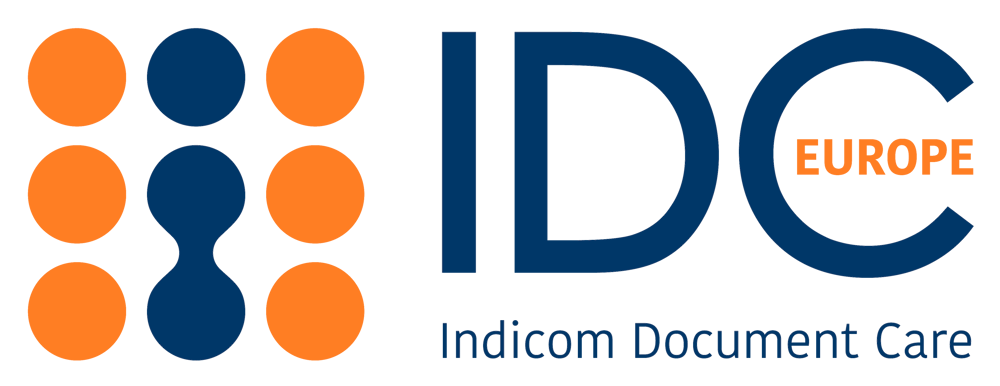Indeed, navigating Spain’s e-invoicing regulations has become increasingly complex in recent years. While the B2G mandate was successfully implemented in 2015, subsequent developments have only added layers of intricacy. Regions like the Basque countries have established their own central platforms, complicating the landscape further. Meanwhile, a B2B central platform (“FACeB2B”) was created with hopes of facilitating future mandates.
More recently, the upcoming B2B e-invoicing mandate was drafted and is expected to mirror the French Y-model, incorporating yet another central platform (SPFE), certified private platforms, and automated e-reporting to tax authorities (among many other requirements).
And now, adding to this complexity is a new VAT fraud prevention law, Veri*Factu, requiring the use of certified “Computerized Invoicing Systems” software (SIF) for invoice generation and transmission.
A multiplication of requirements
Unfortunately, both the B2B e-invoicing mandate and the Veri*Factu law will coexist, necessitating a double transmission of invoice data to tax authorities:
- Once using the certified SIF software that will directly send invoice data to the tax authority, according to the Veri*Factu requirements
- And once again through the SPFE central platform that will send basically the same invoice data to the same tax authority, according to the B2B e-invoicing mandate requirements
This unexpected burden poses challenges for service providers and industry professionals alike. As we await further clarity on these requirements, let’s hope for simplified processes in the near future.





